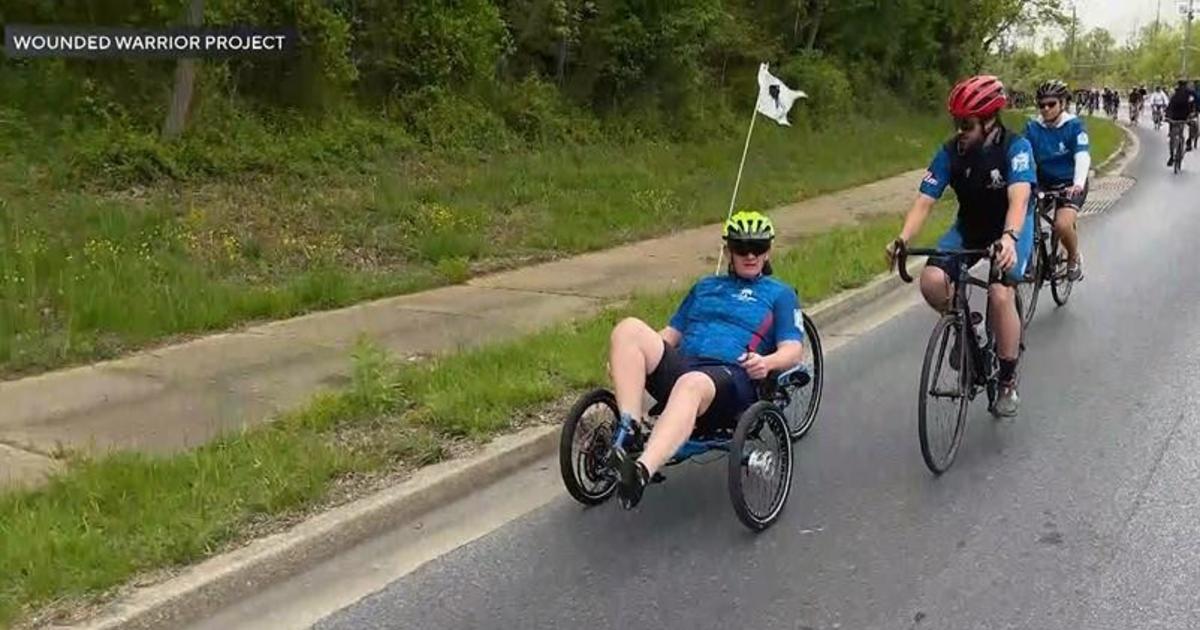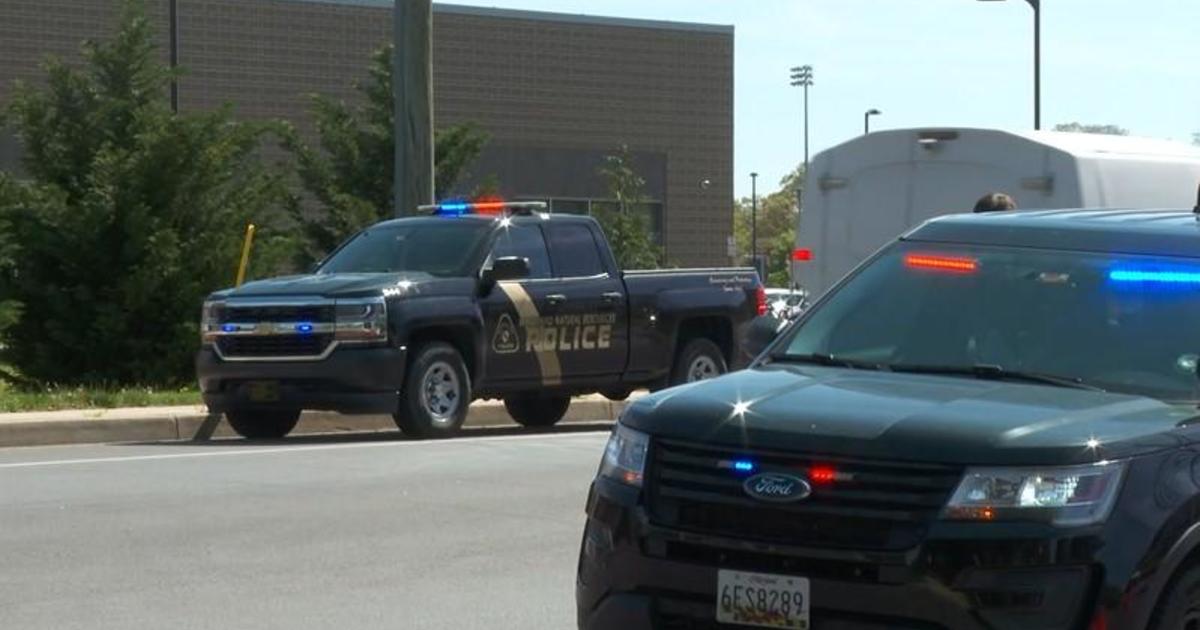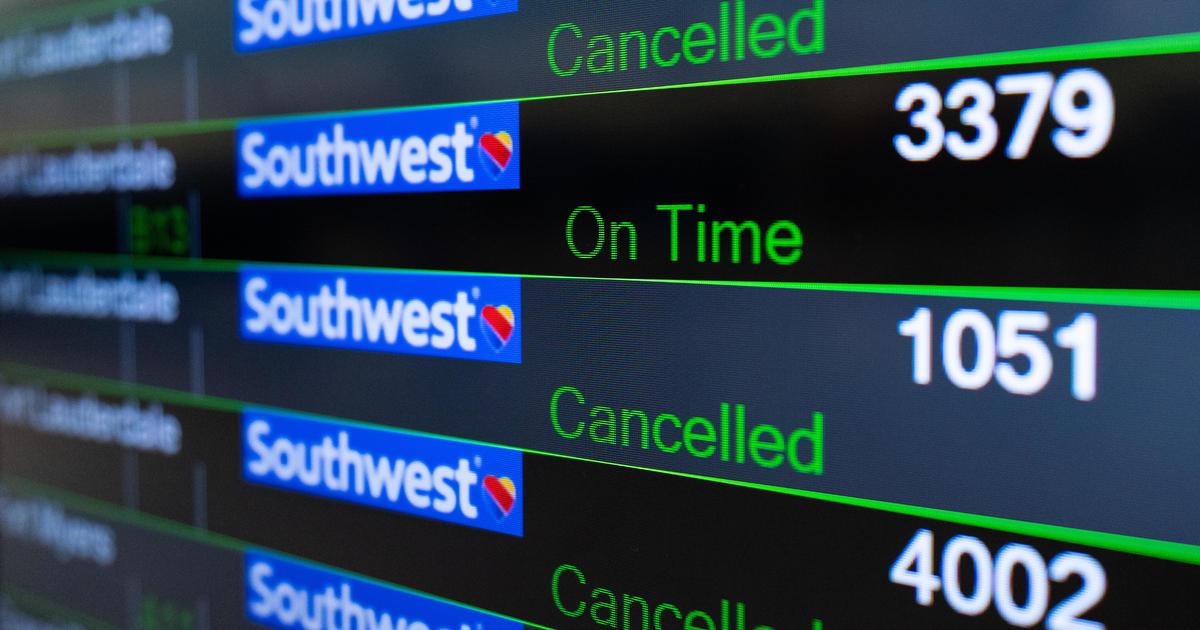Understanding Traumatic Brain Injuries
Traumatic brain injury (TBI) is a broad term that is used when the brain is damaged by an external, physical force. TBI is one of the most common causes of disability and death in adults. Brain damage can be focal (in one area of the brain), or diffuse (more than one area). In severity, a TBI can range from as minor as a concussion to as severe as a coma or even death.
There are two types of TBI: penetrating brain injury and closed brain injury.
A penetrating brain injury is an open-head injury that results in a break in the skull. This type of brain injury is often caused by bullets or sharp objects.
A closed brain injury occurs when a rapid forward or backward movement shakes the brain inside the skull. This often results in bruising and tearing of brain tissue. Car accidents, falls and sports activities are the most common causes of closed brain injury. This type of injury can also be a result of shaken-baby syndrome.
Mild Brain Injury
Mild brain injuries, also known as concussions, can often go undiagnosed. People who have sustained a MBI may experience some of the symptoms listed below, depending on the type and location of the brain injury. In most cases, these symptoms resolve naturally over time with rest. However, not everyone recovers at the same rate or has the same outcome. Age and health prior to the injury may affect recuperation.
Doctors who treat brain injuries agree that early detection and management of MBI symptoms are very important. Symptoms may include:
- Poor concentration
- Memory problems
- Dizziness
- Depression
- Irritability
- Headaches
- Blurry vision
- Anxiety
- Constant tiredness
- Confused thinking
- Sensitivity to bright light
- Sleep disturbance
Associated Factors Of Rehabilitation
Traumatic Brain Injury
Depending on the type of brain injury, neurorehabilitation often starts slowly, with more rigorous rehabilitation practices developed as patients improve. The most important goal of rehabilitation is to maximize the patient's capabilities, focusing on positive self-esteem and promoting independence. Ideally, the patient will return to the highest level of function and independence possible, while improving his/her quality of life.
The success of rehabilitation depends largely on the nature and severity of the brain injury. Impairments and disabilities after injury can highlight important areas for rehabilitation. A patient's overall health prior to injury can play an important role in his/her outcome. Similarly, support of family and friends can go a long way toward helping patients on the road to recovery.
The Traumatic Brain Injury and Neurorehabilitation Unit at the Sinai Rehabilitation Center is designed to provide specialized rehabilitative care by the multidisciplinary team of therapists, nurses, physicians and other professionals to maximize patients' functional independence in order to improve their quality of life. This goal is achieved by the occupational and physical therapists through provision of intensive therapies, with the support of social workers and neuropsychologists in conjunction with medical management by the rehabilitation doctors and nurses.
Mild Brain Injury
For those whose MBI symptoms do not improve after the first 4–6 weeks after injury, much can still be done to promote recovery and restore function. Diagnostic clarity is critical in treating lingering symptoms of MBI. A slow recovery may be caused by the nature of the injury itself or the indirect effects of consistently poor sleep, visual changes or headaches. Psychological reactions to the trauma may also play a negative role in recovery from MBI.
The Mild Brain Injury Programs at Sinai are designed to diagnose symptoms and rehabilitate individuals who have sustained recent brain injury or have longstanding MBI. Our team of rehabilitation experts utilizes a comprehensive, coordinated treatment approach, ensuring the best in MBI treatment.
The treatment team at Sinai Hospital of Baltimore boasts the largest complement assembled at any one facility in Maryland of brain injury specialists certified by the Academy of Certified Brain Injury Specialists(ACBIS). We focus on enhancing self-care, educating patients and families, and preparing patients for the transition to the next level of care. Patients who complete our programs may be discharged to home. or continuing rehabilitation at a subacute, home care, outpatient, or day treatment facility. Sinai has a long-established and very successful day treatment option called the RETURN! program.
We understand that families play a key role in a successful rehabilitation program. Our interdisciplinary team works closely with families to support, educate and assist them every step of the way. The treatment team provides individualized and group treatment to improve communication, cognition, swallowing, functional activities of daily living and physical abilities, with a strong emphasis on psychosocial, behavioral, and emotional well-being.
We encourage those who have experienced brain injury to contact us with any questions about these programs and to use us as a resource in their decision making. Please call 410-601-WELL (9355) for more information.
This article is sponsored by LifeBridge Health. It was originally published by them on April 25, 2017.



